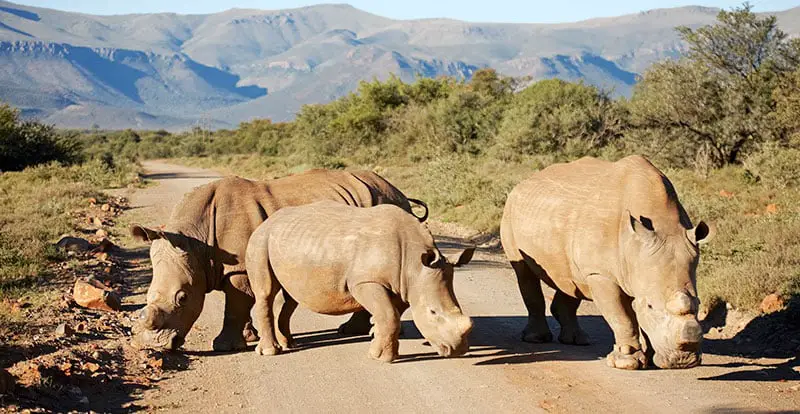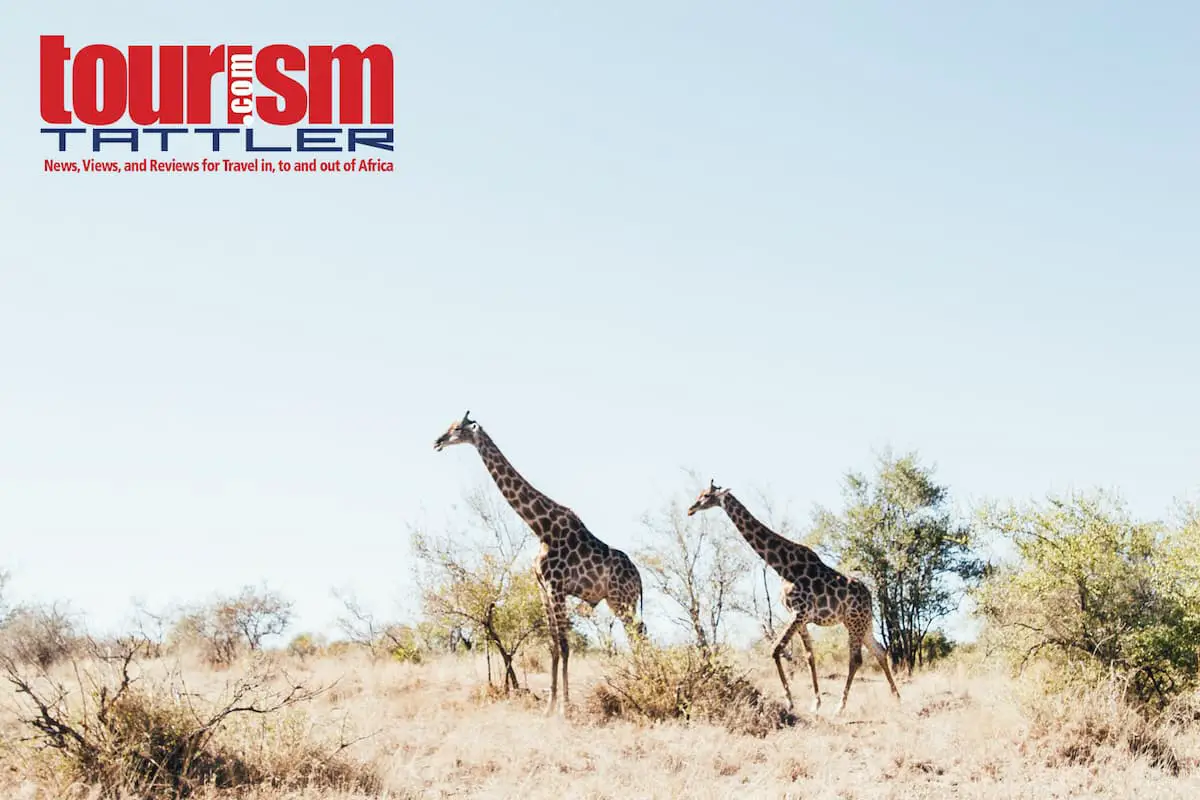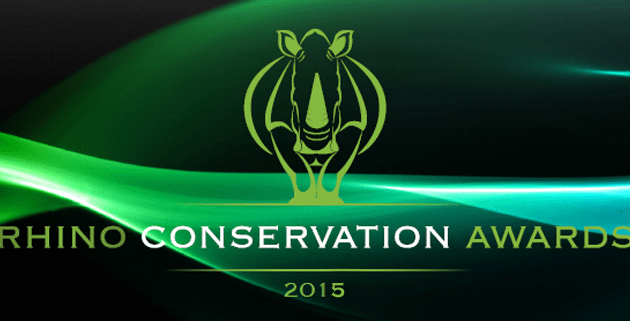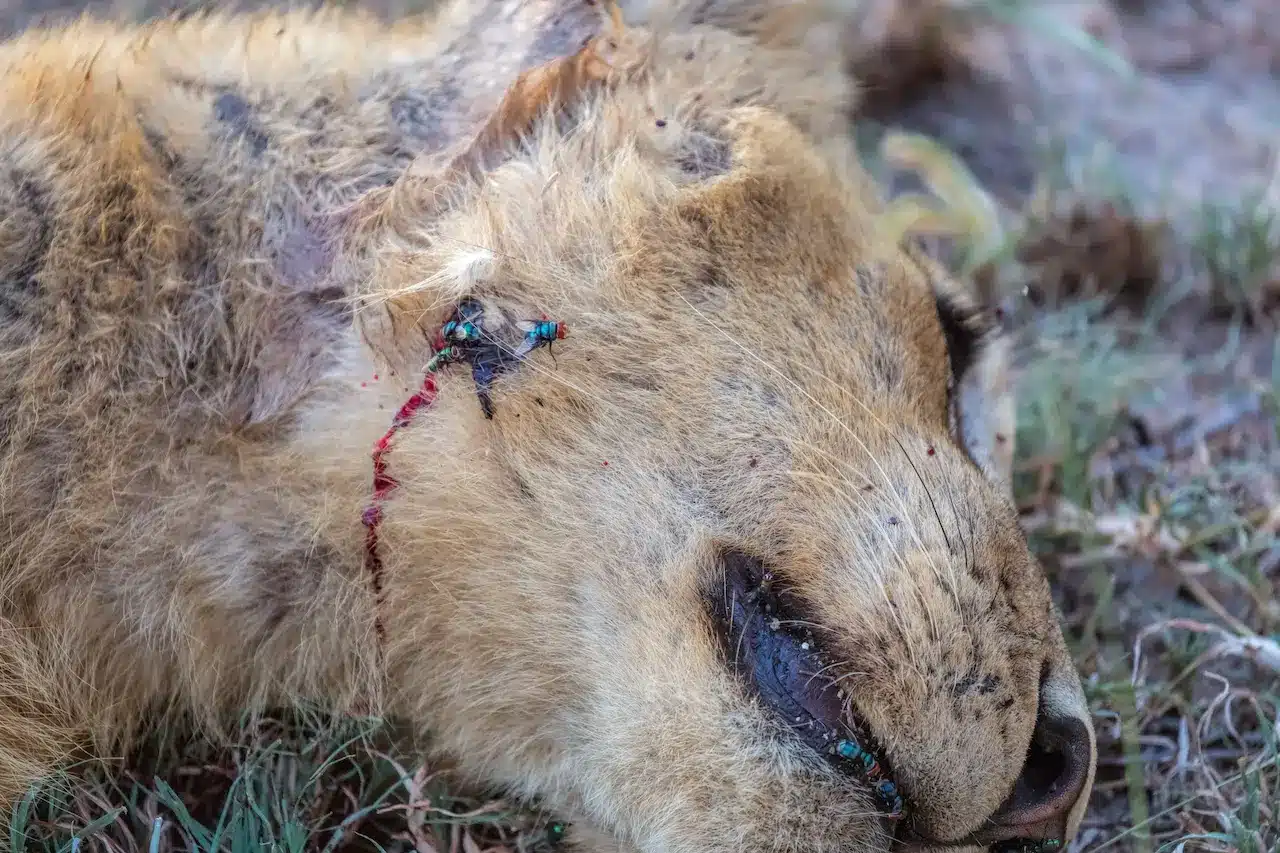World Elephant Day Events
World Elephant Day, celebrated internationally on 12 August each year, aims to create awareness of the plight of African and Asian elephants by sharing knowledge and seeking positive solutions for the better care and management of captive and wild elephants.
World Elephant Day was officially founded and launched by Canadian Patricia Sims and the Elephant Reintroduction Foundation on August 12, 2012. Since then, over 65 associate wildlife organizations and many conservationists in countries across the globe participate in raising awareness by convening events on this day and throughout the month of August.
This year, Elephants Alive, a World Elephant Day associate, has teamed up with conservationist Colin Bell to convene a fundraising dinner at Coobs Restaurant in Parkhurst, Johannesburg on Tuesday 6 August.
Colin Bell recently co-published a new book, ‘The Last Elephants‘ in partnership with Don Pinnock. The dinner promises to be a fun and enlightening evening in the company of like-minded elephant lovers, as Bell recounts his exploits as a safari guide back in 1977 (he is still involved in the industry today). In those days rhinos ranged free and wild across much of northern Botswana, and elephants were skittish and aggressive – not surprising because ivory poaching was relentless and widespread.
According to the World Elephant Day website, elephant numbers have dropped by 62% over the last decade, and they could be mostly extinct by the end of the next decade. An estimated 100 African elephants are killed each day by poachers seeking ivory, meat and body parts, leaving only 400,000. An insatiable lust for ivory products in the Asian market makes the illegal ivory trade extremely profitable and has led to the slaughter of tens of thousands of African elephants.
Between 2010 and 2014, the price of ivory in China tripled, driving illicit poaching through the roof. If the elephants are to survive, the demand for ivory must be drastically reduced. As of 2011, the world is losing more elephants than the population can reproduce, threatening the future of African elephants across the continent.
Bull elephants with big tusks are the main targets and their numbers have been diminished to less than half of the females. Female African elephants have tusks and are also killed, which has a terrible effect on the stability of elephant societies, leaving an increasing number of orphaned baby elephants. As of 2019, there are still more African elephants being killed for ivory than are being born. . . elephant populations continue to decline.
“Elephants are often valued by the size of their tusks, either for direct consumptive use (poaching and trophy hunting) or non-consumptive use (photographic tourism),” says Dr Michelle Henley – Elephants Alive Director, Co-founder and Principal Researcher. “They also have enormous non-use values which include their role as vital ecosystem engineers and their cultural or spiritual value to people other than simply their existence value. It is, though, the emphasis on tusk size that is the focus of my latest report, and there is a concern that large-tusked elephants are being unsustainably removed through consumptive use.”
How you can help
Anyone can help create awareness about the plight of elephants and take action by:
- Informing other people about what is happening to elephants
- Getting your friends to sign the World Elephant Day pledge
- Sharing your love and concern for elephants on social media
- Finding out what Associates are doing to help elephants
- Host your own World Elephant Day event on August 12
- Add your special World Elephant Day plans to the World Elephant Day Events page.
You can also purchase the ‘When Elephants Were Young‘ documentary to support the work of World Elephant Day and learn more about what you can do to help protect elephants.
And, of course, you can help by booking a table to support Elephants Alive’s annual fundraising dinner on Tuesday 6 August. For reservations, call DANIELLA at COOBS on 011 447 0710 or email bookings@coobs.co.za. Note that seating is limited.





